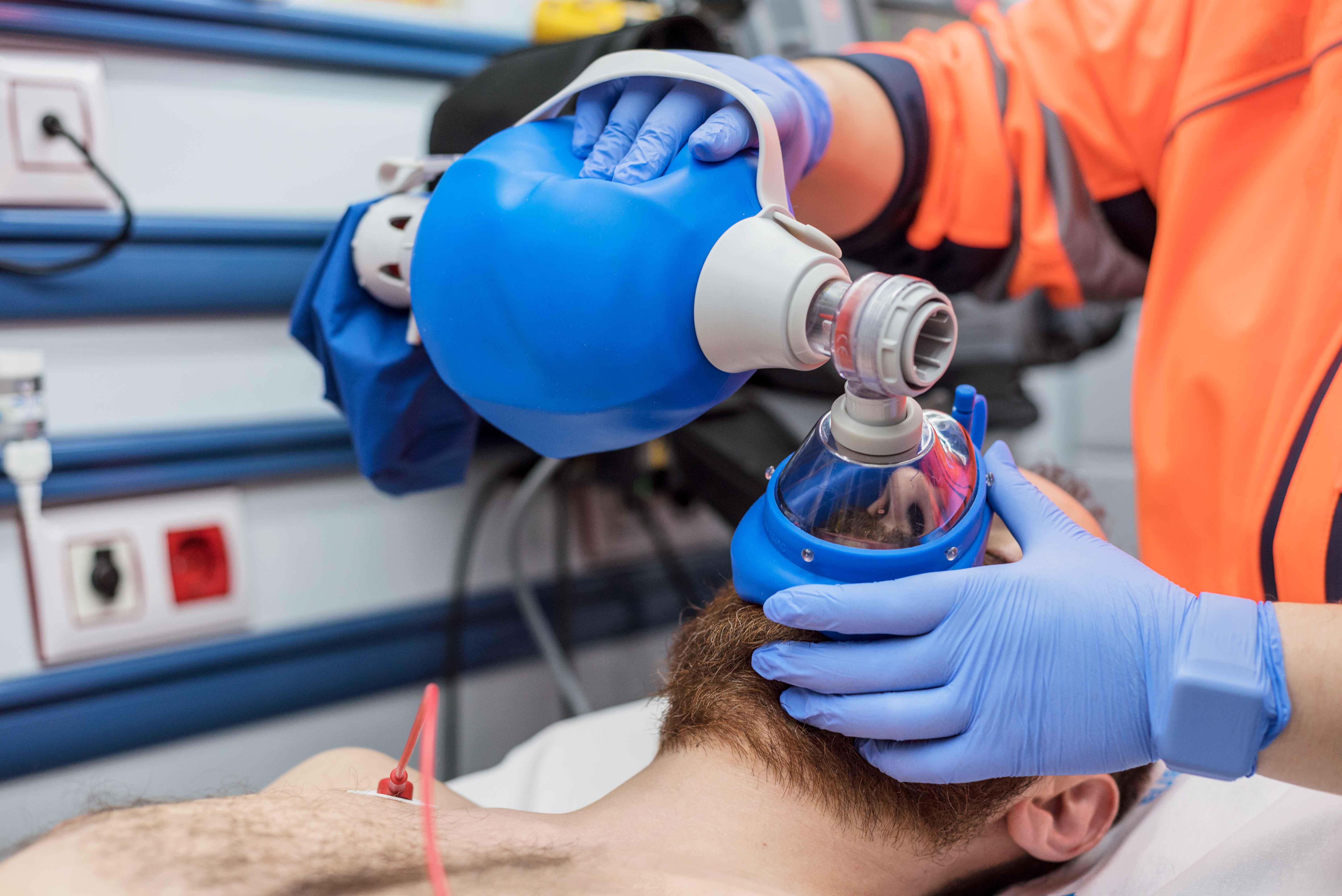Is Online PALS Certification Valid?

Pediatrics is an area where healthcare professionals will need plenty of advanced training because of the range of physical, mental, developmental, and pathological challenges they will face in their work. Pediatric Advanced Life Support (PALS) is one of the core certifications pediatric nurses will need to acquire so they can intervene when infants and children face life-threatening cardiac and respiratory emergencies.
Traditionally, learners have been required to get these foundational skills through in-person or hybrid/blended learning, but you’ve probably noticed there are now fully online courses that are advertised as 100% compliant and recognized nationwide. These are excellent options that make it easy for busy healthcare professionals to gain life-saving skills and advance their careers on their own terms—but is online PALS certification valid and does it meet your institution’s professional requirements?
The short answer is “Yes!”
Let’s discuss what you’ll learn in PALS training and how to decide whether an online certification is right for you.
What to Expect When Taking PALS
PALS is an advanced course in pediatrics that builds on a strong foundation in Basic Life Support (BLS) concepts. If you’re familiar with Advanced Cardiovascular Life Support (ACLS) then it makes sense to think of PALS like ACLS for children, but these two certifications are not the same.
Like BLS training, PALS emphasizes the importance of high-quality chest compressions, effective manual ventilations, and the timely application of tools like an AED. It includes specific training for content like the anatomy and physiology of pediatric patients, how they respond to illness or injury, and how to intervene in the most effective way possible based on a wide range of individual factors.
When taking PALS, you can expect to learn:
- Timely recognition and interventions required to prevent respiratory and cardiac arrest in any pediatric patient
- A systematic approach to pediatric assessment
- The value of the initial impression, primary, and secondary survey
- The application of pediatric assessment skills and diagnostic tests
- Priorities and specific interventions for infants and children with respiratory compromise
- Specific intervention for children with circulatory emergencies
- The value of effective communication and team dynamics
- Individual roles and responsibilities during a pediatric resuscitation
- Post-resuscitation management
- Appropriate cardiorespiratory monitoring
- Selection and administration of resuscitation medications and electrical therapies
- Pediatric arrhythmia interpretation and appropriate management
- Advance airway management
- Advanced vascular access techniques
Picking Your PALS Certification Format
In the past, all healthcare professionals expected to take BLS, ACLS, and PALS training in person every two years to maintain their certification. However, the considerable flexibility hybrid and fully online learning offers for nurses, doctors, and dentists has transformed the healthcare industry.
Today, even critical hands-on skills like BLS, ACLS, and PALS can be effectively and efficiently learned in completely remote environments. Your personal format of choice will depend on your preferred learning style, schedule, and access to opportunities.
In-Person Courses
Traditional in-person PALS certification is a 10-hour course for first-time learners, although it may be over 12 depending on how many breaks are scheduled. This can be completed in 1-2 days, and renewal courses are 6-8 hours. In any case, you’ll be required to pass the final exam with a minimum score of 84%.
As a result, in-person PALS certification often requires taking time off of work, traveling to a training location, and long-term planning. On the other hand, you’ll get the benefit of interacting with a live instructor and practicing your skills under their supervision.
Hybrid Courses/Blended Learning
These PALS classes allow learners to take most of the basic coursework in an online format and then complete training with an in-person skills session. The initial portion is self-guided, and it’s followed up by a 5-hour hands-on training session you’ll need to schedule. These certifications mean you can spend a little less time in the classroom and a bit more on the job, but most people will have to take some time off of work as well.
Fully Online PALS Certification
Virtual classrooms are more effective than ever at delivering powerful content and learning experiences, and PALS certification is no exception. These courses equip healthcare professionals with the same standard of skills as traditional and blended options, and it’s why the top courses are 100% compliant, guaranteed to be accepted, and recognized nationwide.
Online PALS certification offers nurses, doctors, and dentists the same extraordinary flexibility and quality content they find in the CE they’re taking to meet other professional requirements, including:
- Video, written, and interactive materials that reinforce skills and knowledge
- Instantly accessible content
- Methodical self-directed learning
- Limitless opportunities for review
- 4 hours of coursework instead of a 10-12-hour classroom experience
- First-time certification and renewals
Completing the final assessment is just as convenient as accessing the material. Participants can review any missed questions and retake the test at their convenience within the same course. This makes meeting deadlines and work-related requirements much easier if you’re short on time.
Also, when choosing an online PALS certification course, it’s important to make sure it meets the most up-to-date 2020 resuscitation guidelines. This will guarantee it supports the current evidence-based treatments and interventions for optimal resuscitation outcomes.
Finally, you may also want to take note of whether or not the online PALS course you’re planning on taking is accompanied by contact hours or CME credits. If you plan on taking PALS to satisfy an employer's requirement, financial reimbursement may be possible but is often accompanied by the stipulation that the course comes with contact hours or credits.
Getting the Best Online PALS Certification
If you’re one of the millions of healthcare professionals who are wondering “Is online PALS certification valid?”, we have some great news. The best online PALS courses are accepted nationwide, 100% compliant, and make it easier than ever to develop your career, meet your professional obligations, and acquire life-saving skills on a timeline that makes sense for your busy life.
Online PALS coursework is guided by the same industry standards as the more traditional instructor-led coursework and will put the power to make a difference for your pediatric patients in your hands.
All courses created by Premiere are developed by industry experts and equip nurses, doctors, dentists, and other healthcare professionals with the critical skills they need at a self-led pace and on their own terms.
Latest Posts


.png)


.jpeg)
